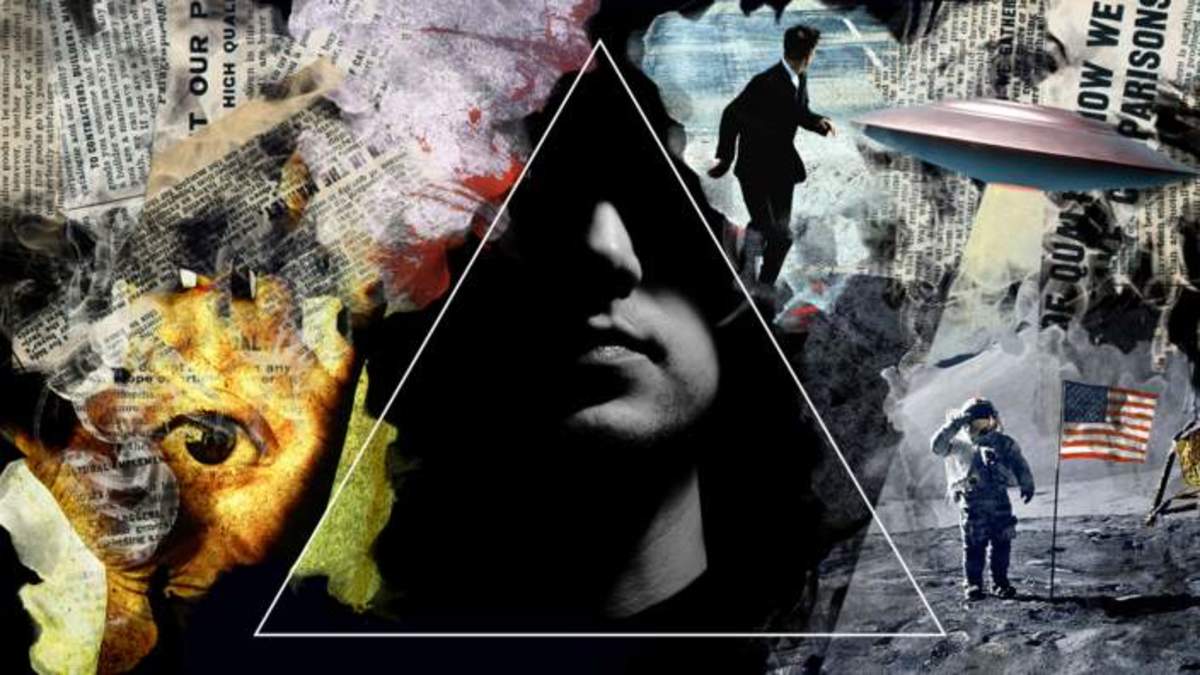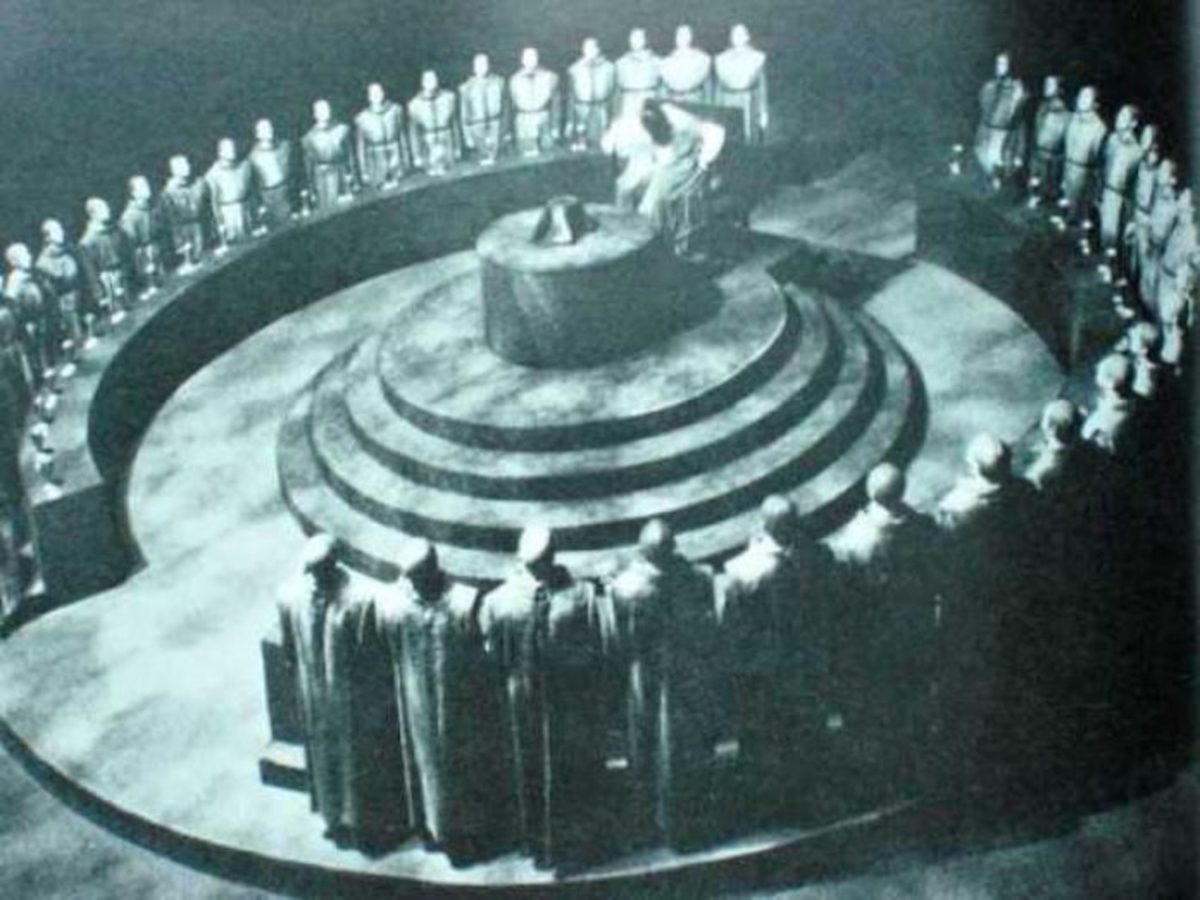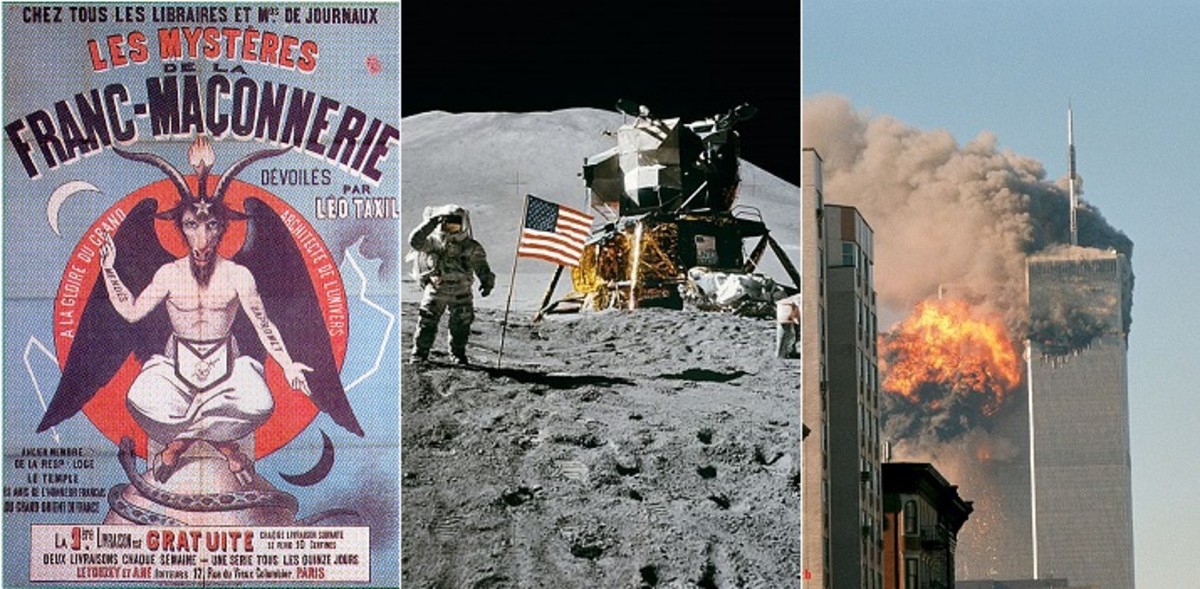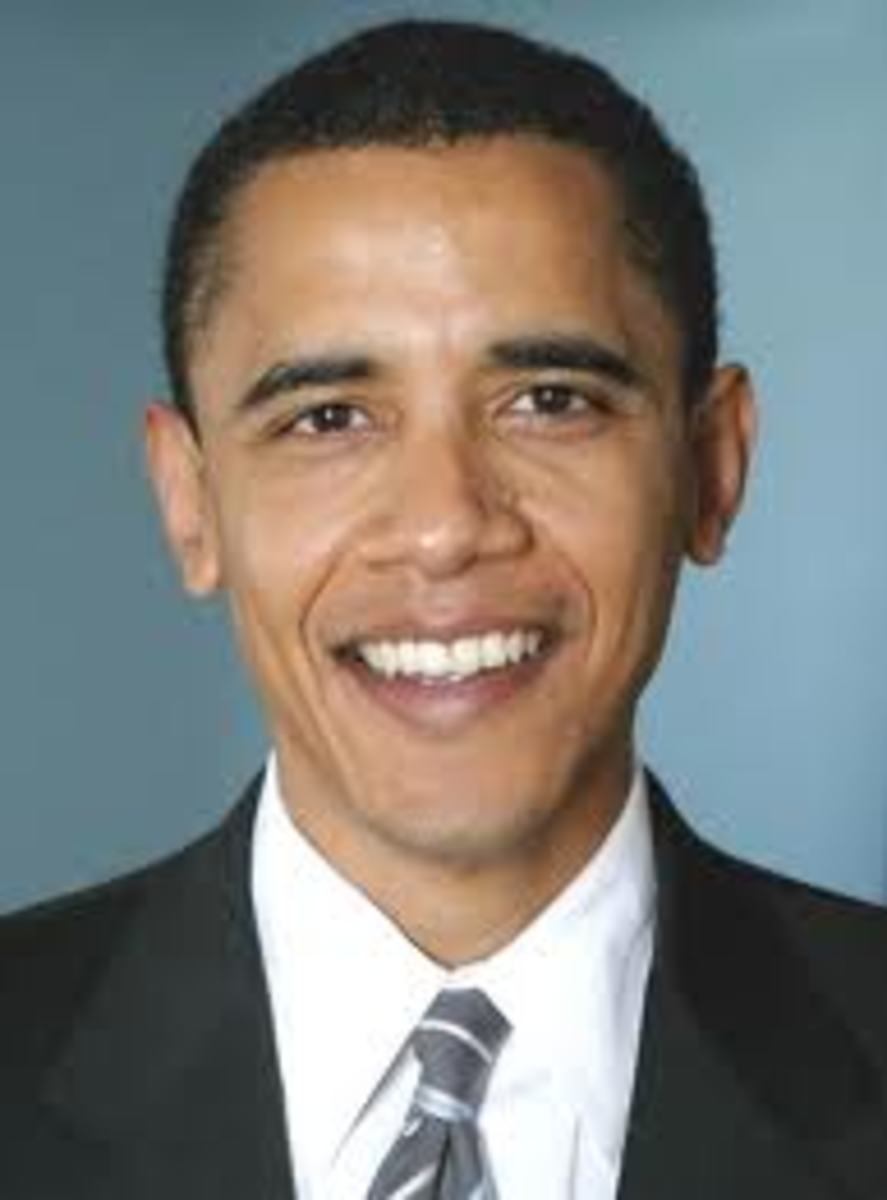Are People Drawn Towards Conspiracy Theories?
From the flat earth theory, to the belief that Hitler is still alive. But most often conspiracy theories revolve around a sinister powerful group of people that basically manipulates world tragedies and events. There are many reasons why people believe in conspiracy theories and why conspiracy theories are so popular.
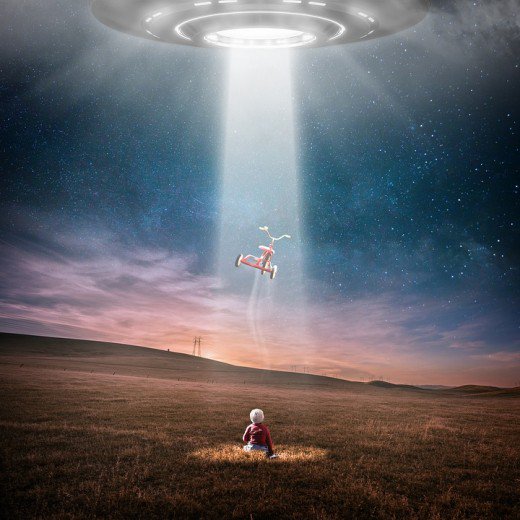
A Need for Explanation Why Bad Things Happen in the World
The conspiracy theorist's mind is looking for simple explanations for complex tragedies and unfortunate events that happen around the world. It seems that people who are prone to believing in conspiracy theories have difficulties accepting the concept that the reason the world is full of conflict and tragedies is because humans are flawed and capable of hurting each other. Rather, they blame everything on a small diabolical group of people that manipulates the rest of the population.
Political Views
Research has shown that people with strong political views are more prone to believing in conspiracy theories. Especially when the theory is reinforcing their political and ideological beliefs. For example, a person who is anti-Obama is more likely to believe negative things and theories about him, whether there is evidence for it or not.
Mental Illness
A substantial amount of those who believe in conspiracy theories actually suffer from real diagnosable mental disorders, most commonly delusional disorders\schizophrenia. One symptom of schizophrenia is paranoid delusions. That means patients convince themselves someone is conspiring to harm them in some way.
They Want to Feel Special
Who doesn't want to feel like they know something other people don't? Conspiracy theorists often feel proud of their beliefs as they think they indicate that they are smarter than the general population. They regard everyone who doesn't believe in their theories as brainwashed and gullible.
Denial and Escaping Responsibility in Life
For some people it's easier to believe that powerful figures keep them from achieving success and want to keep them 'enslaved', than to place some responsibility upon themselves. They use conspiracy theories as explanations of their own situation in life.
They Do It to Cope with Trauma
Research has shown an indication that people who experienced a tragic world event are more likely to believe in conspiracy theories about the event. The reason for that may be that they try to cope with it by placing culpability on someone and that they lose trust in the safety provided by their government.
Conspiracy Theories Are Sometimes True
In reality, conspiracies do happen, although not at the level conspiracy theorists believe. Often powerful figures in the world manage to manipulate events and hide important information. The ironic thing is conspiracy theorists sometimes make it more difficult for conspiracies to be exposed. They present so much implausible information to the point where people start regarding every conspiracy theory as implausible.
They Don't Believe It, but Sell It for Publicity
This is actually more common than you think. People who want to make money online often don’t care if the content they put out is true or not. They post conspiracy theories because they know they will have an audience. The audience for conspiracy theories can be very big. There are people who watch them and read them because they believe in them, but there are also people who watch them just for entertainment.

